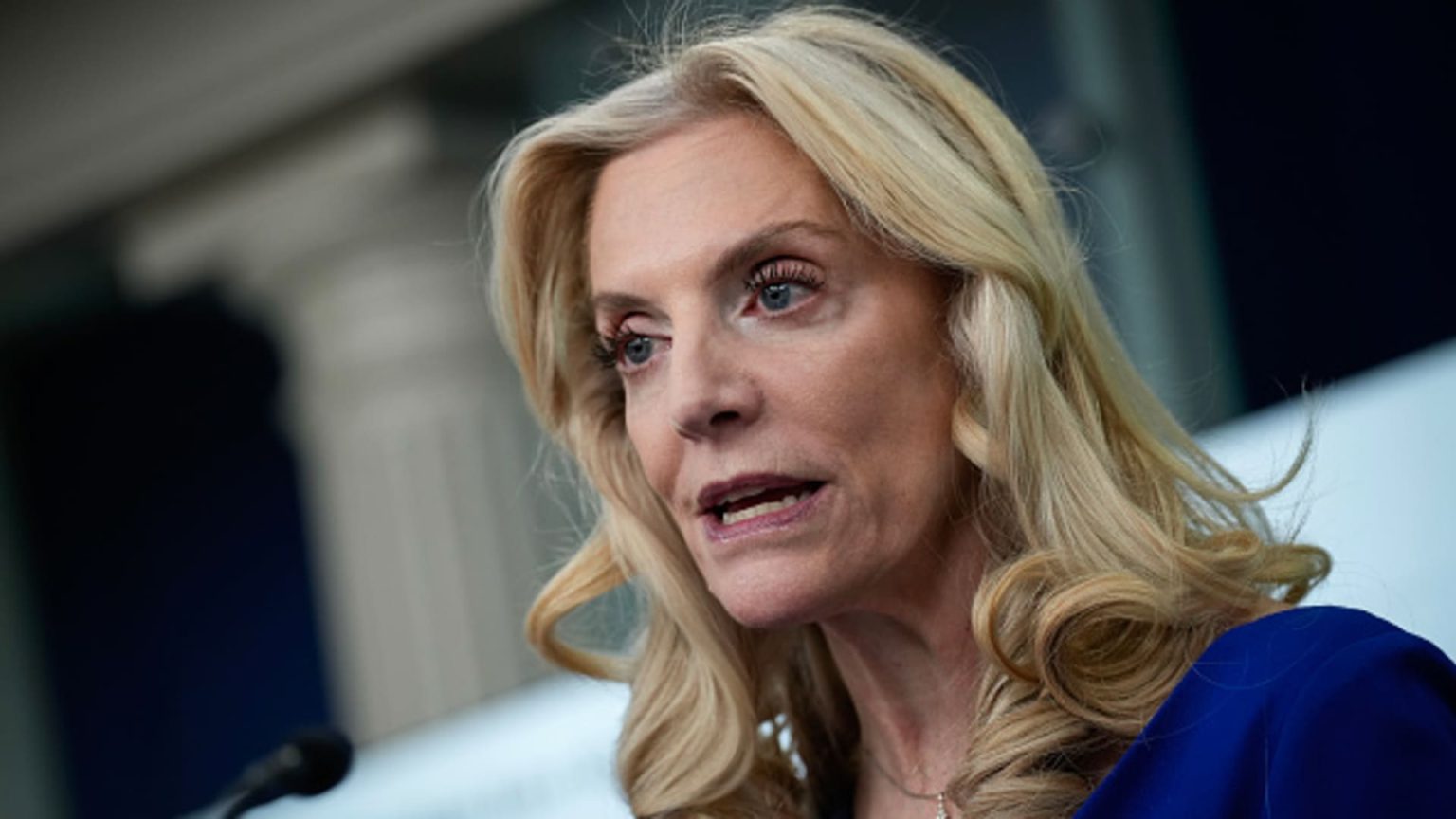In a recent statement, White House national economic advisor Lael Brainard called for an end to the 2017 tax breaks for the ultra-wealthy and a scaling back of costly permanent corporate tax breaks. The ongoing debate over the national debt is fueled by the potential extension of the Tax Cuts and Jobs Act (TCJA) tax breaks, which could significantly increase the budget deficit, according to the Congressional Budget Office. The estimated $4.6 trillion that would be added to the deficit over the next decade if the tax breaks are extended has raised concerns among policymakers.
Trump and other Republicans have expressed support for a full extension of the expiring TCJA tax breaks, despite the potential impact on the budget deficit. Brainard emphasized the importance of addressing the fairness of the tax system and the nation’s fiscal future as the tax debate approaches. The Biden administration aims to extend expiring TCJA provisions for middle-class Americans, with funding coming from higher taxes on the ultra-wealthy and corporations. Brainard criticized the original legislation for mainly benefiting the wealthiest Americans and failing to produce a trickle-down effect.
As part of their efforts to achieve tax fairness, the administration plans to quadruple the tax on stock buybacks and introduce a 25% minimum income tax for billionaires. The proposal to not extend expiring Trump tax cuts for those with incomes above $400,000 is also on the table. The House Ways and Means Committee Chairman, Jason Smith, highlighted the potential impact on average families if the 2017 tax cuts expire, noting that a family of four earning $75,000 could see their taxes increase by $1,500 a year. Additionally, House Republicans have created teams to study and propose solutions to address the upcoming 2025 tax cliff.
The debate over the extension of the 2017 tax breaks highlights the competing priorities of fairness in the tax system and fiscal responsibility. While some argue for the extension of the TCJA tax breaks to stimulate economic growth, others stress the importance of addressing income inequality and reducing the budget deficit. The Biden administration’s focus on extending tax breaks for middle-class Americans and imposing higher taxes on the ultra-wealthy and corporations reflects a commitment to increasing equity in the tax system.
Brainard’s call for ending tax breaks for the ultra-wealthy and scaling back corporate tax breaks is a response to concerns about the impact on the budget deficit and income inequality. By emphasizing the fairness of the tax system and the need for fiscal responsibility, policymakers are facing complex decisions on how to address the competing priorities. The upcoming tax debate will be crucial in determining the future direction of the tax system and the nation’s fiscal health. With House Republicans and the Biden administration presenting different perspectives on the issue, finding a balance between economic growth and equity will be a significant challenge for policymakers. The outcome of the tax debate will have far-reaching implications for the American economy and society as a whole.


